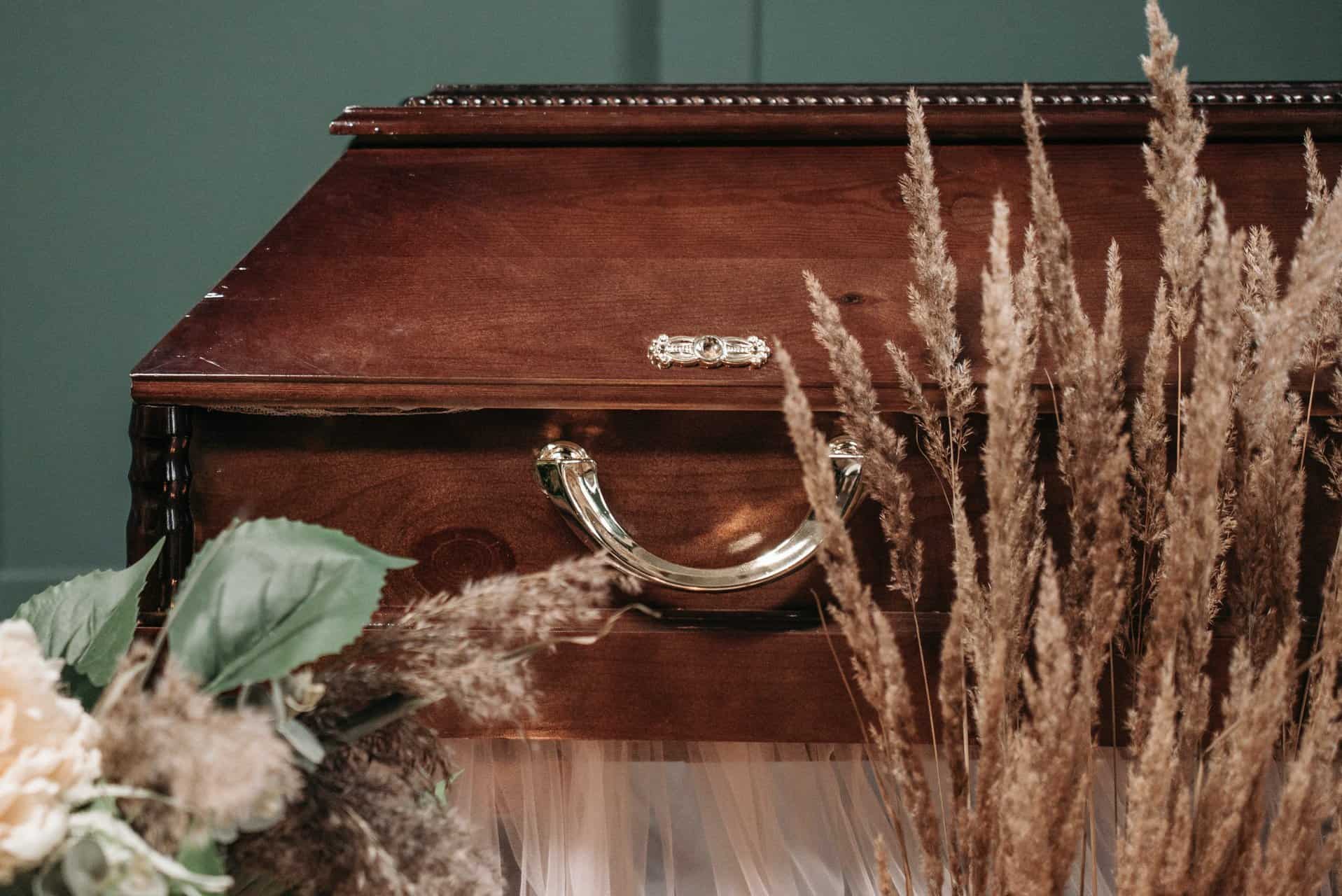Death is an inevitable phase of life that humankind has, over centuries, adorned with rituals and ceremonies, expressing honour and respect towards the departed soul. While these customs may provide solace, they also carry significant financial implications that are often not entirely appreciated until one has the unfortunate responsibility of arranging a funeral. One option that is gaining momentum in recent years is the concept of direct burial, offering a more straightforward, economical alternative to traditional funerals. This method of interment foregoes the associated frills and trappings, focusing instead on simplicity and respect.
Unpacking the Concept of Direct Burials
Direct burials epitomise a streamlined, no-frills approach to final rites, eliminating extraneous aspects such as embalming, viewing, visitation, or a funeral ceremony with the body present. The process commences with the respectful collection of the departed from the place of death, after which they rest in our care while the necessary paperwork and arrangements are meticulously finalised. Once preparations are complete, the body is then conveyed to the cemetery for interment, encased in an eco-friendly, non-metallic casket. This streamlined process not only simplifies the procedure but also considerably mitigates the costs involved. Despite its deviation from traditional norms, this approach is respected in many cultures and religions worldwide, valued for its modesty and lessened environmental impact.

Economic and Environmental Implications of Direct Burials
Direct burials can significantly reduce the financial stress associated with traditional funerals, which, according to SunLife’s 2020 report, could average around £4,417 in the UK. With no need for embalming, expensive caskets, or a memorial service at a funeral home, costs can be significantly curtailed. Notably, this reduction in costs does not equate to a lack of respect or affection for the departed, but rather a shift in focus towards personal, private remembrance. Moreover, direct burials have a lesser environmental footprint, given the absence of harmful embalming chemicals and metal caskets, contributing to a greener, more sustainable planet.
Emotional Considerations Surrounding Direct Burials
Although direct burials eliminate the public, ceremonial aspects of death, they do not preclude the opportunity for a personal, private farewell. Families and friends can still organise a memorial service or gather at a later date, providing closure and the chance to reminisce shared memories. This approach prioritises personal grief management over societal expectations, allowing space for individual emotional processing. As Robert Neimeyer, a renowned professor of psychology, states, “Our grief is as unique as our fingerprint. But what everyone has in common is that no matter how they grieve, they share a need for their grief to be witnessed.”
In an era where societal norms are rapidly evolving, direct burials present a dignified, economical, and eco-friendly alternative to traditional funeral practices. They enable families to navigate their bereavement journey in a manner that best suits their emotional, financial, and environmental considerations. It is essential to understand that choosing this path does not imply any less respect or love for the departed soul. Instead, it facilitates a more personalised mourning process, allowing for closure and remembrance in a private, intimate setting.
Newrest Funerals specialises in such services, offering both direct burials and direct cremations, along with traditional and eco-friendly funerals. Let us assist you in making this difficult time a little more manageable, focusing on honouring your loved one in the way that resonates most meaningfully with you.


